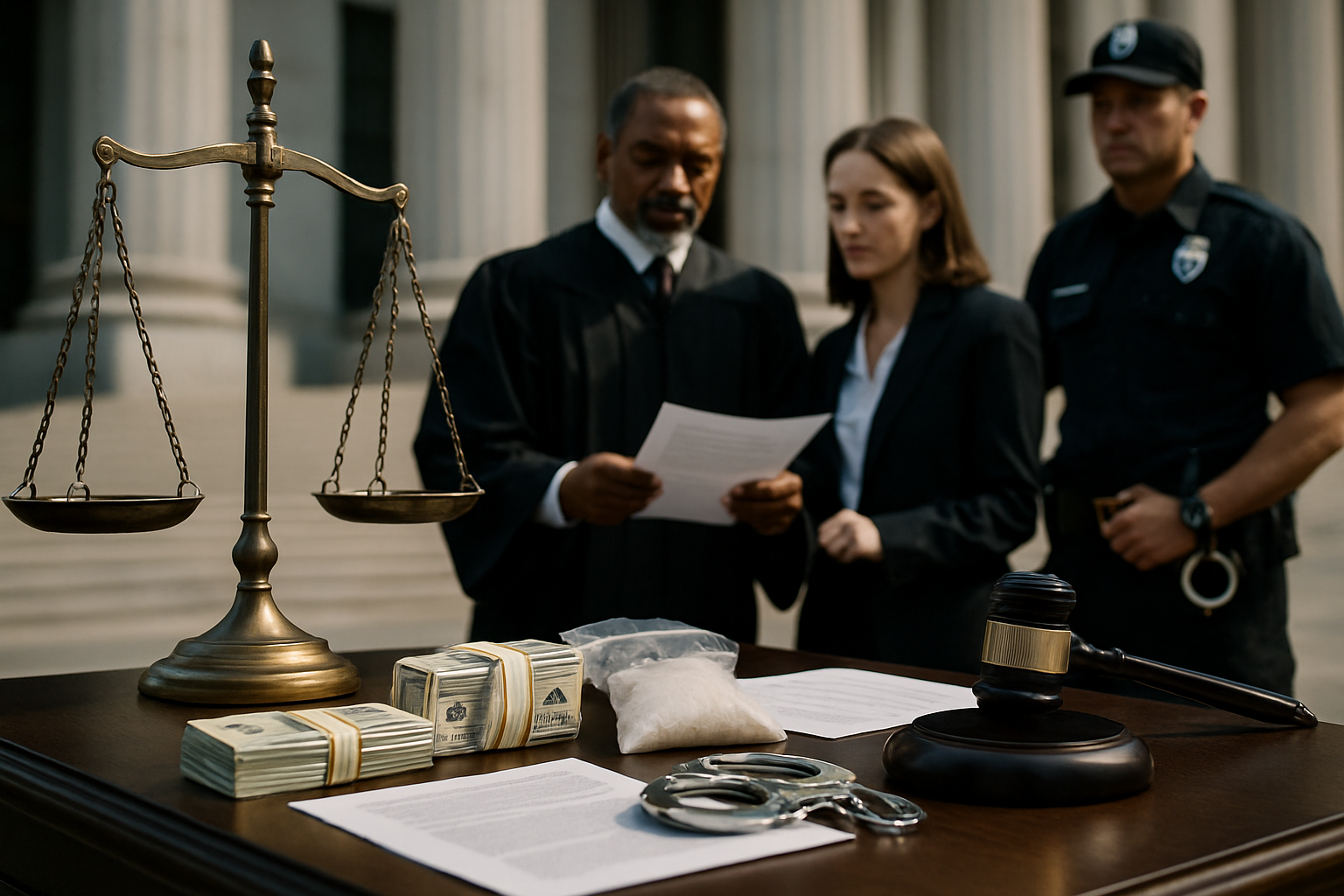Exploring Legal Help: What People Are Considering When Facing Civil Rights Issues
Civil rights lawyers may assist individuals facing legal challenges related to discrimination, equality, or freedom protections. This article explores what people are considering when seeking legal guidance, what these lawyers typically handle, and how some are navigating civil rights concerns around the world.

When should you contact a civil rights lawyer?
Knowing when to seek legal help is crucial in civil rights cases. Individuals should consider contacting a civil rights lawyer if they believe they’ve experienced discrimination based on race, gender, religion, disability, or other protected characteristics. This could occur in various settings, including employment, housing, education, or public accommodations. It’s also advisable to consult an attorney if you’ve faced police misconduct, voting rights violations, or infringements on freedom of speech or religion. Promptly seeking legal advice can help protect your rights and ensure timely action within legal deadlines.
What types of cases do civil rights attorneys typically handle?
Civil rights attorneys handle a wide range of cases that involve violations of constitutionally protected rights. Some common types include:
-
Employment discrimination
-
Housing discrimination
-
Education discrimination
-
Police brutality and misconduct
-
Voting rights violations
-
First Amendment issues (free speech, religion)
-
Disability rights and accessibility
-
LGBTQ+ rights
-
Racial profiling
-
Wrongful imprisonment
These lawyers work to ensure equal treatment and opportunity for all individuals, regardless of their background or personal characteristics.
How do legal professionals support civil rights issues?
Legal professionals play a crucial role in supporting civil rights issues through various means. They provide legal representation in court, negotiate settlements, and offer guidance on navigating complex legal processes. Civil rights lawyers also engage in advocacy work, pushing for policy changes and raising awareness about systemic issues. Many attorneys collaborate with civil rights organizations, providing pro bono services to those who cannot afford legal representation. Additionally, they conduct thorough investigations, gather evidence, and build strong cases to hold violators accountable and seek justice for their clients.
What factors do individuals consider when choosing a civil rights lawyer?
When selecting a civil rights lawyer, individuals often consider several key factors:
-
Experience: Look for attorneys with a proven track record in handling similar cases.
-
Specialization: Choose a lawyer who focuses specifically on civil rights law.
-
Resources: Consider the attorney’s access to investigative tools and expert witnesses.
-
Communication: Seek a lawyer who explains complex legal concepts clearly and keeps you informed.
-
Reputation: Research the lawyer’s standing in the legal community and client reviews.
-
Fee structure: Understand how the attorney charges for their services and if they offer contingency fees.
-
Passion for civil rights: Find a lawyer who is genuinely committed to fighting for justice and equality.
How does civil rights law impact everyday life?
Civil rights law plays a significant role in shaping our daily experiences, often in ways we may not immediately recognize. It ensures equal access to education, employment opportunities, and public accommodations. These laws protect individuals from discrimination in housing, lending, and healthcare. They safeguard our right to vote and participate in the democratic process. Civil rights legislation also impacts workplace policies, ensuring fair treatment and reasonable accommodations for employees. By understanding these laws, individuals can better recognize and address potential violations, contributing to a more just and equitable society.
What resources are available for those seeking civil rights legal assistance?
For individuals facing civil rights issues, numerous resources are available to provide support and guidance:
| Resource | Services Offered | Key Features |
|---|---|---|
| American Civil Liberties Union (ACLU) | Legal representation, advocacy | Nationwide network, focus on constitutional rights |
| NAACP Legal Defense and Educational Fund | Litigation, advocacy, education | Specializes in racial justice issues |
| Legal Aid Organizations | Free or low-cost legal services | Serve low-income individuals |
| Bar Association Referral Services | Attorney referrals | Help find specialized lawyers |
| Civil Rights Division (U.S. Department of Justice) | Enforcement of federal civil rights laws | Investigates systemic violations |
| National Women’s Law Center | Legal assistance, policy advocacy | Focus on gender equality issues |
These organizations offer various levels of support, from providing information and resources to offering direct legal representation. Many also engage in broader advocacy efforts to address systemic civil rights issues.
In conclusion, understanding when to seek legal help, the types of cases civil rights attorneys handle, and the factors to consider when choosing a lawyer are crucial for individuals facing civil rights issues. By being informed about available resources and the impact of civil rights law on everyday life, people can better navigate challenges and contribute to a more equitable society. Remember that each situation is unique, and consulting with a qualified civil rights attorney can provide tailored guidance for your specific circumstances.




